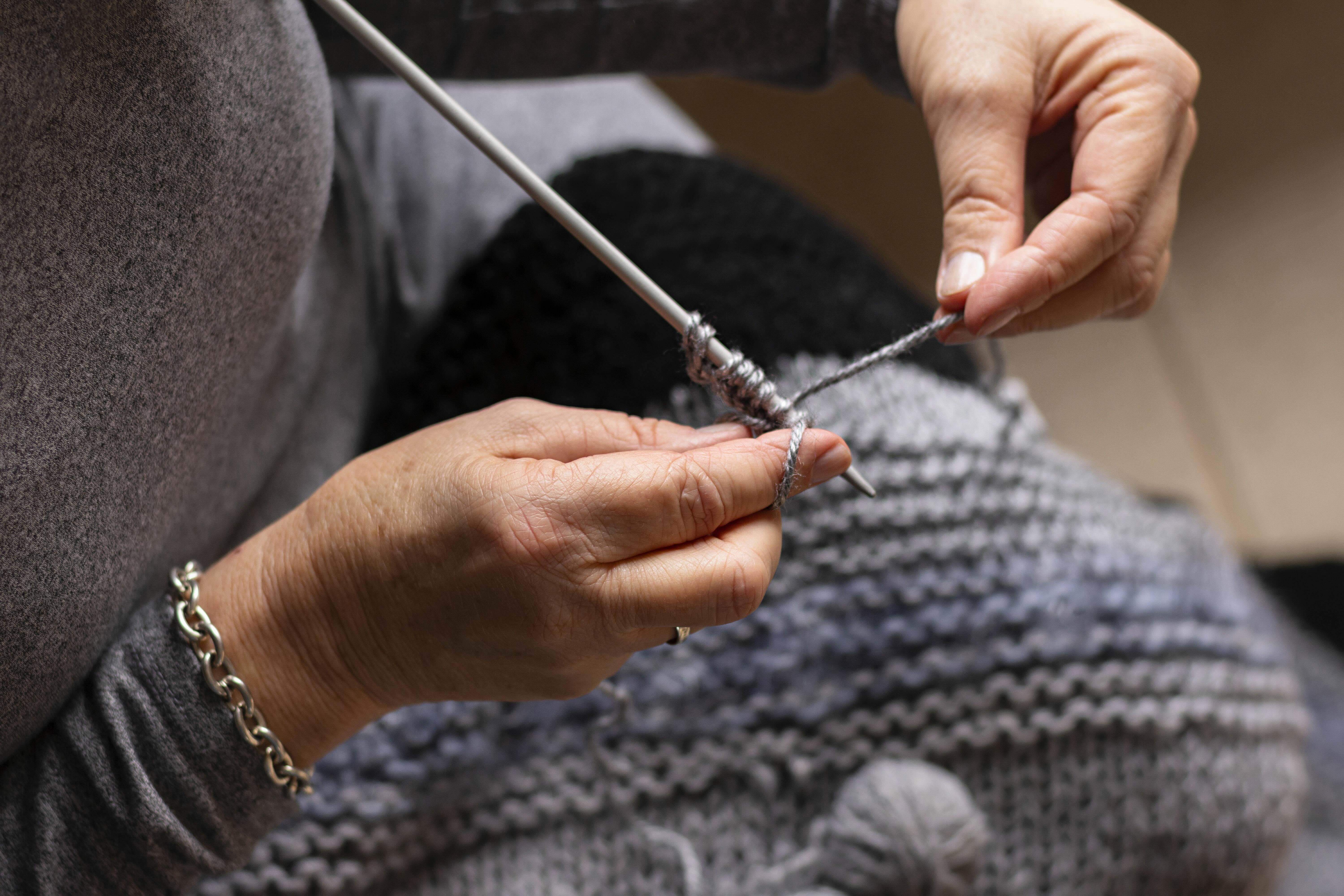Care Blog
Relationships and Family Changes After Traumatic Brain Injury

Along with the many life changes as a result of a traumatic brain injury (TBI), close relationships are affected in a number of ways as a result of:
- Modifications in responsibilities
- Changes in relationship roles
- Difficulties with communicating
- Managing emotions and mood swings
Getting accustomed to these changes often brings about feelings of uneasiness in the relationship, which can cause additional stress, anxiety, and frustration.
RESPONSIBILITIES
Considering that the traumatic brain injury survivor will have to focus on recovery, many everyday tasks are transferred to the person’s partner. The partner also has to provide assistance with managing the survivor’s recovery while maintaining his or her own regular commitments, which can lead to disregarding self-care and personal interests.
At the same time, the TBI survivor may be looking for more attention, which can create feelings of frustration and sadness on both sides. Recognizing that these are common emotions following a traumatic brain injury and keeping open lines of communication with each other can help.
RELATIONSHIP ROLES
In many cases, after a traumatic brain injury, relationship roles are changed. The partner may now be making decisions that the TBI survivor used to make, like monetary or child care choices. The survivor may then differ with the partner’s choices, which can result in added stress and irritation.
Develop a better understanding of each other’s new roles through:
- Altering your viewpoint to see things through the other person’s eyes
- Serving as a mentor/consultant for each other in the new responsibilities, versus being critical
COMMUNICATION
After a TBI, relationships can be challenged due to a lack of communication, resulting from a fear that asking questions or expressing feelings might cause misunderstandings.
Reduced communication can result in:
- Feelings of seclusion or disconnectedness
- Pent up emotions and thoughts
- Problems accepting the new normal
To promote open and authentic communication:
- Abstain from discussing difficult subjects when the other person is feeling frustrated or irritated.
- If broaching a sensitive topic, be sure there is an ample amount of time available for the discussion.
- Arrange a pleasurable date together such as watching a movie on TV, playing a game, eating at a favorite restaurant or taking a walk to lessen tension.
- For really sensitive topics, try writing a letter to your partner, sharing your position and feelings.
- Take time for simply talking to get to know each other again.
EMOTIONS
Prevalent emotional transformations for a traumatic brain injury survivor might include difficulties controlling anger, lack of empathy, mood swings and depression. It’s important for partners to understand that these emotional issues are a manifestation of the injury, not the relationship.
Tips to help include:
- Having a dialogue about what makes the survivor sad, worried or angry.
- Understanding when mood changes happen in order to help find out why they occur.
- Being patient, but setting firm boundaries that threats, insults or injuring others is not tolerable.
Know that there may be grief and disappointment involved with missing the “pre-injury” person. But, with a combination of knowledge, support and understanding, it is possible to preserve healthy, loving relationships. It’s equally important to accept care support to permit each other more time to place emphasis on the relationship aside from care needs.
Contact All Care, providers of the most trusted in home care Ashland and the surrounding areas depend on, to learn more about our specialized care for individuals with TBI from our highly skilled care team.
Share:
Call Us Today
Call us today to schedule a free in-home care assessment so we can help you understand how you or a loved one can have a safe and happy life at home.

Take the Quiz
Let us know what kind of help you might need, and we’ll be back in touch to customize a plan for you.
Take the Quiz
